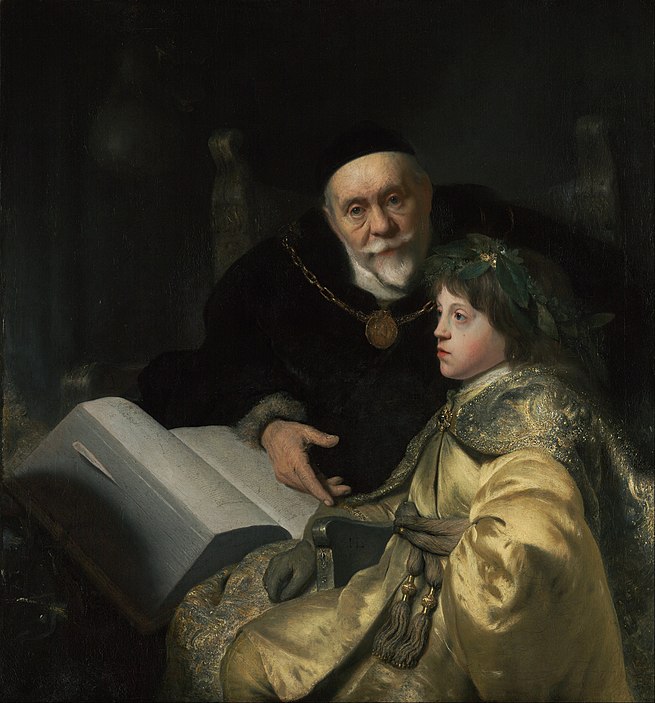
Main Difference
The main difference between Mentor and Tutor is that the Mentor is a guidance relationship and Tutor is a instructor who gives private lessons
-
Mentor
Mentorship is a relationship in which a more experienced or more knowledgeable person helps to guide a less experienced or less knowledgeable person. The mentor may be older or younger than the person being mentored, but he or she must have a certain area of expertise. It is a learning and development partnership between someone with vast experience and someone who wants to learn. Mentorship experience and relationship structure affect the “amount of psychosocial support, career guidance, role modeling, and communication that occurs in the mentoring relationships in which the protégés and mentors engaged.”The person in receipt of mentorship may be referred to as a protégé (male), a protégée (female), an apprentice or, in the 2000s, a mentee. The mentor may be referred to as a godfather/godmother or a rabbi.
“Mentoring” is a process that always involves communication and is relationship-based, but its precise definition is elusive, with more than 50 definitions currently in use. One definition of the many that have been proposed, is Mentoring is a process for the informal transmission of knowledge, social capital, and the psychosocial support perceived by the recipient as relevant to work, career, or professional development; mentoring entails informal communication, usually face-to-face and during a sustained period of time, between a person who is perceived to have greater relevant knowledge, wisdom, or experience (the mentor) and a person who is perceived to have less (the protégé)”.
Mentoring in Europe has existed since at least Ancient Greek times. Since the 1970s it has spread in the United States mainly in training contexts, with important historical links to the movement advancing workplace equity for women and minorities, and it has been described as “an innovation in American management”.
-
Tutor
A tutor, formally also called an academic tutor, is a person who provides assistance or tutelage to one or more people on certain subject areas or skills. The tutor spends a few hours on a daily, weekly, or monthly basis to transfer their expertise on the topic or skill to the student. Tutoring can take place in different settings, such as a classroom, a formal tutoring center, or the home of the tutor/learner. As a teaching-learning method, tutoring is characterized by how it differs from formal teaching methods on the basis of the (in)formality of the setting as well as the flexibility in pedagogical methods in terms of duration, pace of teaching, evaluation and tutor-tutee rapport.
-
Mentor (noun)
A wise and trusted counselor or teacher
-
Mentor (verb)
To act as someone’s mentor
-
Tutor (noun)
One who teaches another (usually called a student, learner, or tutee) in a one-on-one or small-group interaction.
“He passed the difficult class with help from his tutor.”
-
Tutor (noun)
A university officer responsible for students in a particular hall.
-
Tutor (noun)
One who has the charge of a child or pupil and his estate; a guardian.
-
Tutor (noun)
A card that allows you to search your deck for one or more other cards.
-
Tutor (verb)
To instruct or teach, especially an individual or small group.
“To help pay her tuition, the college student began to tutor high school students in calculus and physics.”
-
Tutor (verb)
To treat with authority or sternness.
